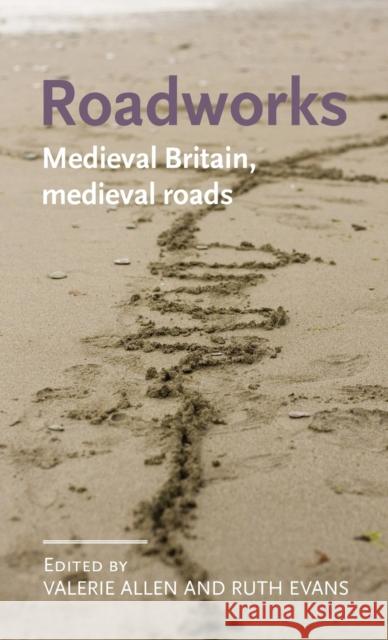Roadworks: Medieval Britain, Medieval Roads » książka
Roadworks: Medieval Britain, Medieval Roads
ISBN-13: 9780719085062 / Angielski / Twarda / 2016 / 384 str.
This collection of essays offers an interdisciplinary study of roads and wayfinding in medieval England, Wales and Scotland. It looks afresh at the relationship between the road as a material condition of daily life and the formation of local and national communities, arguing that the business of road maintenance, road travel and wayfinding constitutes social bonds. Setting Britain's thoroughfares against the backdrop of the extant Roman road system, it argues for a technique of road construction and care that is distinctively medieval and challenges the long-held picture of a medieval Britain lacking in technological sophistication. This accessible collection draws out the imaginative, symbolic and cultural significance of the road. It synthesizes information on medieval road terminology, roads as rights of passage and the road as an idea as much as a physical entity. Individual essays look afresh at sources for the study of the medieval English road system, legal definitions of the highway, road-breaking and road-mending, wayfinding and the architecture of the street and its role in popular urban government. The book also explores subjects including hermits and the road as spiritual metaphor, royal itineraries, pilgrimage roads, roads in medieval English romances, English river transport, roads in medieval Wales and roads in the Anglo-Scottish border zone. This book will appeal to scholars of early and late medieval Britain in all disciplines. Its theoretical foundations will also ensure an audience among scholars of cultural studies, especially those in urban studies, transport studies and economic history.











